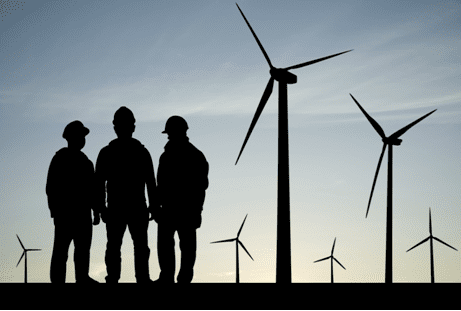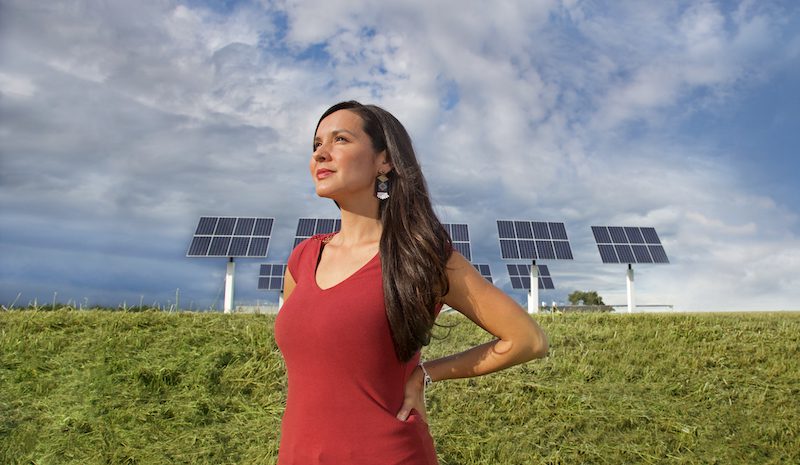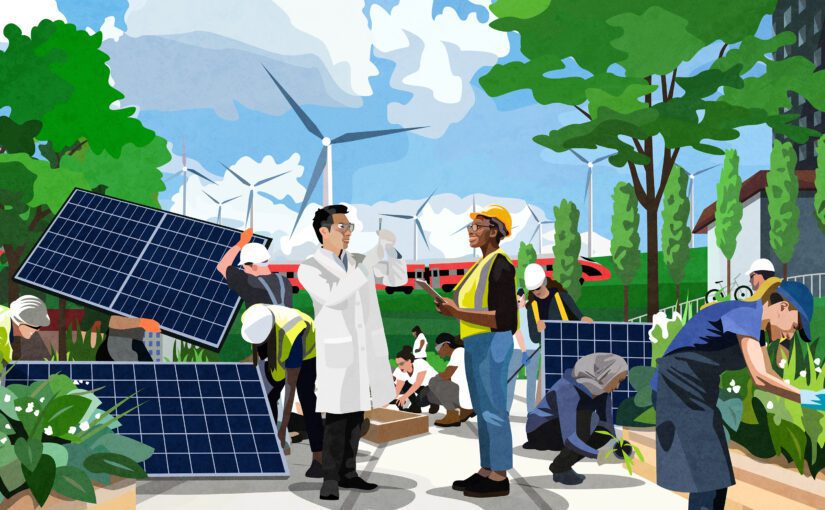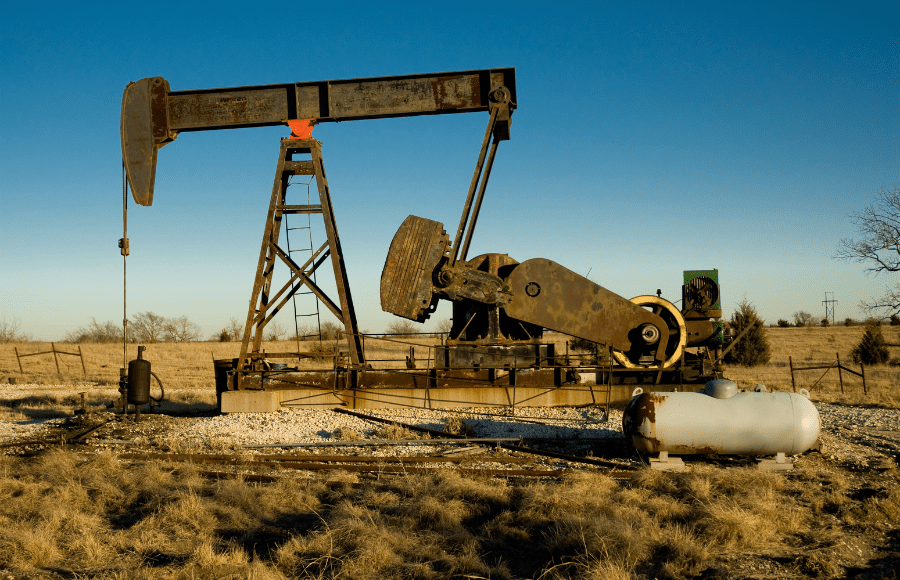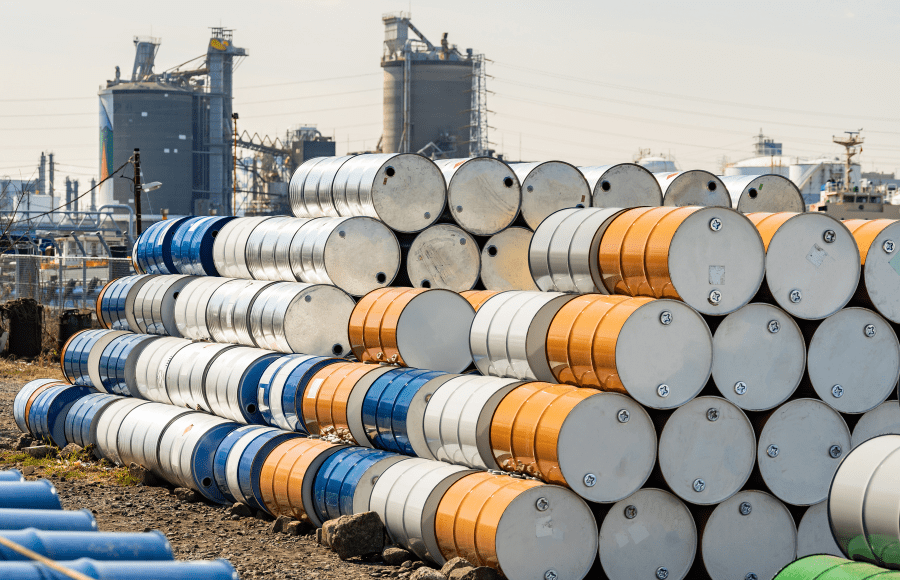
A just transition is a process that ensures that the shift to a sustainable economy is fair, and takes into account the needs and rights of workers and communities who are impacted by the transition. Recognizing that everyone deserves good jobs and good lives in a sustainable economy, a just transition is about supporting those who will be most affected by the shift away from high-emitting industries, such as oil and gas production, by providing them with opportunities for retraining, new employment, and community development. A successful transition also requires addressing social and economic injustices, such as income and job access inequality, and job losses.
By pursuing a just transition, Canada can ensure that our efforts to combat climate change are effective, equitable, and sustainable for all.
*In Canada the Federal government uses the term “Sustainable Jobs” to refer to its work on the just transition.

THE PROBLEM
Canada’s job market of tomorrow will look quite different than it does today.
As domestic climate action grows and the demand for our oil and gas declines, workers and communities in Canada’s fossil fuel and other such high-carbon industries are at risk of being left behind if the government does establish a robust plan that give them access to opportunities in a sustainable economy.
Canada has taken small steps to prepare for the shift. In early 2023 the government introduced the Sustainable Jobs Action Plan which laid out the government’s plan for addressing the transition, but legislation is still missing. To ensure national unity and to give workers stability over the whole period of transition, the government will also need to allocate dedicated funding to programs designed to ensure that everyone gets a fair deal in the transition.
WHY THIS MATTERS
In a Net-Zero 2050 Canada will see:
- More Clean Energy Jobs
- Fewer Fossil Fuel Jobs
- More Energy Jobs Than Exist Today
*The Above Stats Are Taken From Clean Energy Canada’s: A Pivotal Moment Report

The Solution
To build a society that is free from carbon pollution and will be resilient to the impacts of climate change, we must involve local communities, workers and Indigenous Peoples right from the start. In Canada, that means opportunities for meaningful careers, ongoing support for communities transitioning away from fossil fuel extraction, and the full implementation of the UN Declaration on the Rights of Indigenous Peoples. It also means not letting oil companies dictate environmental policy.
Founding Blue Green Canada
Founding Blue Green Canada
An alliance between labour unions, environmental and civil society that is advocating for working people and the environment. Together, we advocate for solutions that project workers, create jobs and reduce pollution.
Taking on Canada’s oil lobby
Taking on Canada’s oil lobby
The Canadian Association of Petroleum Producers has derailed, uncut and weakened a host of environmental regulations - and still they ask for more.
Ending fossil fuel expansion
Ending fossil fuel expansion
The oil industry’s planned expansion would push us over the climate tipping point - and 85% of this expansion is slated for the US and Canada.
Indigenous rights and climate action
Indigenous rights and climate action
Learn more about why respecting and promoting the UN Declaration on the Rights of Indigenous Peoples is part of climate action.

The Must Haves for Canada’s Sustainable Jobs Strategy
The shift to a sustainable economy is a huge opportunity for Canada. If we embrace it we can diversify our economy and create good local jobs for all those who want one in industries that contribute to a better future for our families and communities. If we are unprepared, however, the economic transition coming our way could be unfair and painful.
The federal government promised a Sustainable Jobs Act, which is necessary to give Canadians the confidence that the government is committed to making the transition fair over the long run. However, the legislation will only be good if it:
1. Ensures affected people are at the decision-making table.
Government at all levels must work together, but also in partnership with workers, their Unions, Indigenous nations and groups that have been historically excluded from good economic opportunities, like racialized people, women, and people with disabilities. The policies guiding the energy transition must be shaped by the needs of affected people and y actually address their concerns.
2. Establishes a shared vision for what Canada’s sustainable economy will look like.
We have to choose industries that we can realistically develop – given the timelines and the existing resources we have. We shouldn’t bet our future on technologies like carbon capture for oil production or hydrogen made from natural gas that contribute to more pollution and emissions. Instead, we can play to our strengths, for example build green transportation options and renewable energy infrastructure.
3. Make local plans, backed by proper funding.
We cannot paint every community with the same brush. We need plans, and funding, that speak to the specific strengths and needs of each region and their local industry. For example, Ontario could transform its vehicle manufacturing industry, while Alberta’s could focus on clean energy production.
It is crucial that the Sustainable Jobs legislation commits the government to developing local plans, to avoid situations in which only some regions of Canada benefit from this transition.
Importantly, Indigenous rights must be upheld throughout the transition, including the right to say no to economic development projects on their territories, and the right to be a part of new projects from the early stages so they can benefit from them too.
4. Commit to leaving no one behind.
For the transition to be fair and equitable the benefits must be shared by all, including groups who have been excluded from past opportunities. This means ensuring that there are good jobs that pay a liveable wage, there is available affordable housing and there is access to skills training to help prepare people for opportunities in the low carbon economy.
WORKERS NEED A FAIR DEAL AS THEY BUILD OUR SUSTAINABLE FUTURE – TELL THE GOVERNMENT NOW
Our industries and economy are changing to address the climate crisis. The federal government released a “Sustainable Jobs Action Plan” promising to support the workers and communities affected by the move away from polluting industries and into the low-carbon economy. But a plan alone is not enough.
It’s time to turn this plan into legislation. Workers and communities need to know what the future holds for them. In order for it to be credible and future-proof, the plan must be backed by dedicated funding and turned into strong legislation so that people have real confidence the government will deliver on its promises.
Now is the time to demand ambitious legislation that holds the government accountable for implementing transition plans with affected workers, communities, and Indigenous Nations, to ensure they have good jobs and good lives in the clean economy
Sign our letter to tell the federal government what a fair transition looks like.

Latest News
Reports




